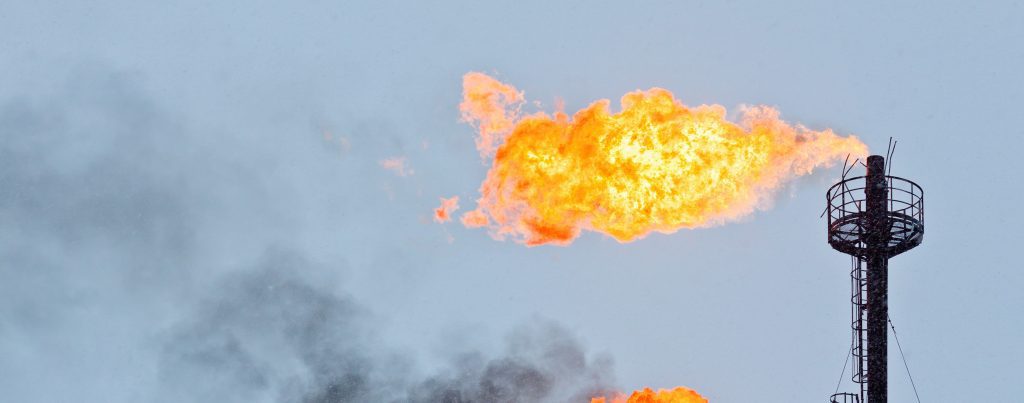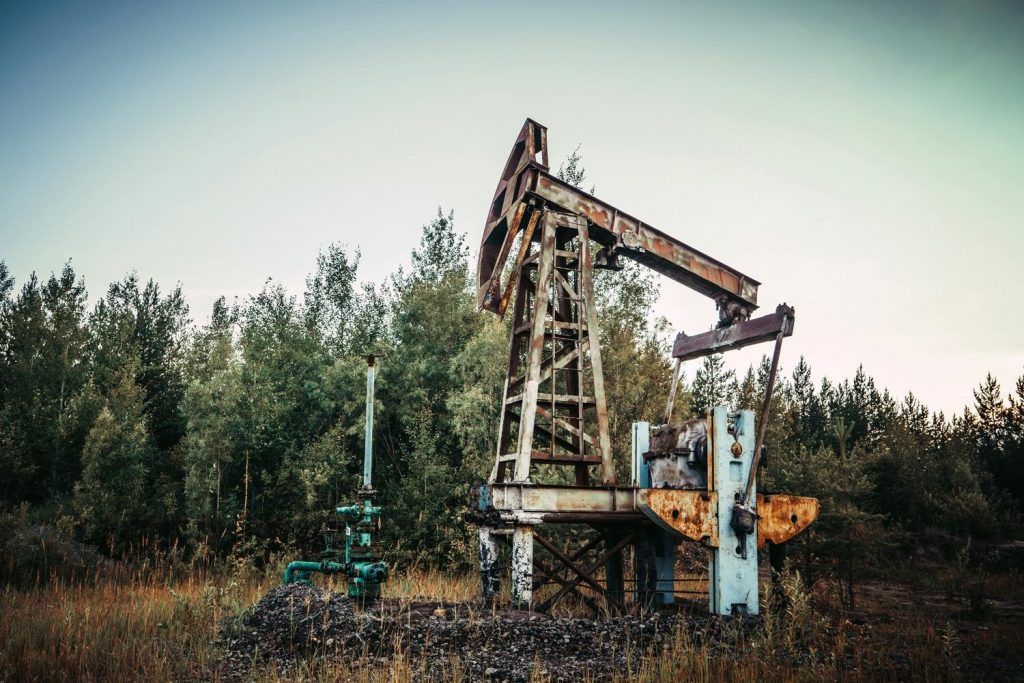On the world stage, Canada is known as a climate laggard, not a climate leader. And oily spin from pipeline companies doesn’t change this.
In a desperate attempt to get the U.S. government to shift its long-standing refusal to approve the Keystone XL pipeline proposal, TransCanada sent a letter to the U.S. State Department suggesting that Canada is somehow not a climate laggard. But TransCanada should know better than to take the U.S. government for a fool.
It remains obvious to those inside and outside of Canada’s borders that little progress to tackle the climate crisis has been made either by our federal government, the Alberta government, or Canada’s oil and gas industry. Want Canada to be a climate leader? Take action here.
In the meantime, let’s do a little fact-checking of TransCanada’s arguments about Canada’s progress on climate:
Government of Canada Announces 2030 Emissions Target
This past May, Canada made a new pledge to cut carbon pollution in the lead-up to the Paris climate summit this December. Canada promised to cut its emissions by 30 per cent from 2005 levels by 2030. The problem is Canada’s pledge is tied with Japan for the weakest in all of the G7 countries. It’s the equivalent of just a 14 per cent decrease from where Canada was in 1990. For comparison, Germany has pledged to a reduction of 40% over the same time period. Assuming Canada even meets this low target, it would take us five additional years to reach the same target as the United States.
When one considers that Canada has repeatedly failed to act on its promises to cut carbon over the years, Canada’s Paris pledge looks even more dubious. Canada’s credibility isn’t helped by the fact that the Prime Minister recently said it would be “crazy” for Canada to regulate emissions in the oil and gas sector when oil prices are low.
G7 Agreement on Carbon
TransCanada points to the G7’s recent pledge to decarbonize their economies by the absurdly late date of 2100 as a sign of progress for Canada. In reality, the G7 pledge might have aimed for the needed target date of 2050, not 2100 if it hadn’t been for Canada and Japan reportedly working to block this much stronger statement. The recent G7 pledge underscores Canada’s lack of ambition to cut its carbon pollution.
Alberta GHG Policy Announcement
TransCanada highlights Alberta’s recently announced changes to its Specified Gas Emitters Regulation (SGER) policy which puts a modest price on carbon pollution there. As we pointed out in a statement last week, those changes will do very little to change the trajectory of Alberta’s carbon pollution. Without significant new action, Alberta’s emissions are projected to skyrocket as new tar sands projects and pipelines come online. It’s good news that Alberta is looking at creating a new climate plan, but as things stand today, rapidly growing climate pollution from the tar sands will make it extremely difficult for Canada to cut its overall emissions.
Let’s remember President Obama’s climate test
President Obama has been clear about his position on Keystone XL:
“…what I’ve said is, we’re not going to authorize a pipeline that benefits largely a foreign company if it can’t be shown that it is safe and if it can’t be shown that overall it would not contribute to climate change.”
Unfortunately for TransCanada, the Keystone XL proposal would increase climate pollution by an estimated 24.3 million tonnes of carbon per year, equivalent to Americans driving more than 60 billion additional miles per year. No amount of spin will change the fact that Keystone XL fails President Obama’s climate test.







